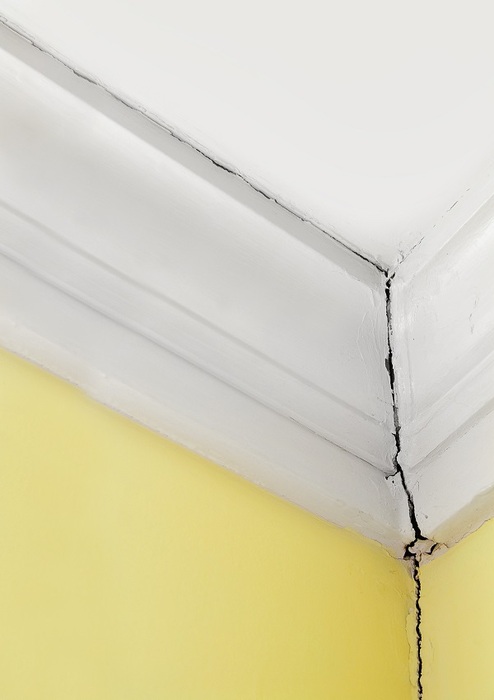
Although many of us have the goal of owning a beautiful dream home, renting certainly has many perks, and it is important to understand renters rights. There may not be as great a sense of permanence in renting a place today, but you also don’t have the pressure of coughing up a substantial down payment, taking on a mortgage for 30 years, or paying for homeowner’s insurance or HOA fees. Usually, you don’t have to deal with paying for maintenance or repairs either—and that is one of the biggest bonuses.
Construction Defects Can Wreak Havoc on the Home & Your Possessions
You may find your rental home or apartment to be very comfortable and homey, and a place you hope to stay for years. Or you may be planted there for the next year or two, just getting through school or an extended work project. No matter the situation, if you have been affected by a construction defect, your living situation may have become very uncomfortable—and if your landlord is not helping you, it is important to consult with an attorney experienced in landlord/tenant law immediately.
Construction defects can occur due to many different issues in the home—and some that may have been hiding for years—unknown to the original contractor, homeowner, and you. These problems can present themselves in a multitude of different ways. If the roofing or plumbing system is defective, you may have experienced a substantial leak, damaging ceilings, walls, floors, and more. Structural defects could have caused something as serious as a collapse of a ceiling or a wall, resulting in a monumental mess. Worse yet, electrical issues can cause fires. These are only a few examples of the havoc defects can wreak on a home—not to mention other serious issues which could be brought about by storms, earthquakes, or a landslide.
It is only natural to look to the homeowner for reimbursement—as well as repairs. It can be both surprising and traumatic to see a major construction defect present itself suddenly (especially in the form of substantial damage), but it is even worse to see your furniture, electronics, bedding, and other belongings ruined. Along with wondering if you will have to move out and how long repairs will take, you are most likely very concerned with how much it is going to cost to replace numerous items.
Renter’s Insurance is Your Best Bet for Reimbursement
Some landlords take the question of who will pay for damaged belongings out of the equation from the very beginning, requiring tenants to have rental insurance in place. Their responsibility is usually only to repair the structure, not replace your personal items. Your own renter’s insurance policy—which can usually be purchased quite inexpensively—should cover your assets adequately. If you are in a particularly bad situation, you may want to see if the landlord will agree to help pay your deductible. If you don’t feel like a reasonable compromise is being reached, this is the time to reach out to an experienced attorney.
The Property Owner Should Pay for Repairs & Any Relocation
Homeowner’s insurance may pay for the landlord to relocate you during a catastrophic event making the home unlivable for a time (or even permanently), but by law they will have to reimburse your rent for the days you were not able to live there. An accommodating landlord may go even further by putting you up somewhere very comfortable while you wait out the construction/repair process. As for what has been damaged by a construction defect or other issue (assuming you are not at fault), their liability is in fixing the structure itself, as well as appliances and other components of the home that are included in your rent and listed in the lease.
Contact Us For Help
Call Shane Coons now at 949-333-0900 or email us at Shane.Coons@seclawoffices.com if you need more information regarding your rights as a tenant. We can review your case, answer your questions, and help you decide how to move forward. We are here to help!
